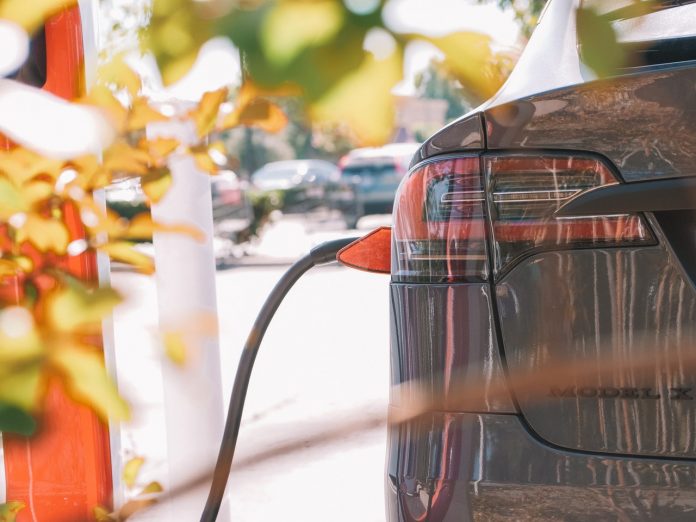Every morning, the Energy News Network compiles the top stories about the clean energy transition and delivers them to your inbox for free. Sign up today!
The following commentary was written by Johnny A. Negusse, MD, FACEP, PharmD, a board-certified emergency medicine physician at Dignity Health’s Community Hospital of San Bernardino in California. See our commentary guidelines for more information.
No one should ever have to breathe toxic air, but this is the daily reality in California, where 98% of our residents live in counties with poor air quality. Nine of our cities rank among the 25 most polluted in the U.S., according to a new report by the American Lung Association.
This is an especially severe problem in San Bernardino County, where I live and work as an emergency room doctor, and where we have one of the highest asthma rates in the state, particularly among children. The county gets an “F” grade from the Lung Association for high ozone and particulate pollution.
Cars and trucks are the largest source of this lung-damaging pollution, but the emissions coming from tailpipes are not the only factor. This climate pollution also fuels more extreme wildfires and longer fire seasons, which means more smoke and soot to damage our lungs.
In my work, I see too many people suffering from chronic exposure to dangerous air. Some need breathing tubes inserted to keep their airways open. Some have cancer, and I have the difficult job of delivering that news to them or their families. I see our vulnerable at their most vulnerable. In these moments, I’m reminded of a devastating but crucial fact: These illnesses and deaths are preventable.
Dangerous air pollution and the worst impacts of the climate crisis fall disproportionately on communities of color and low-income communities. This is a crisis of our own making, and marginalized communities are shouldering the heaviest burden.
We have allowed the systemic marginalization of these families to persist for too long. I am no longer comfortable with simply addressing the symptoms of our unfair and unjust society. That’s why I’m speaking up for positive change that will get real results for my community.
This is also why my health care system, CommonSpirit Health, is taking action to achieve net-zero emissions by 2040. We must advance social justice in the communities we serve and advocate for policies that address inequalities that harm our health.
Right now, California has two opportunities to help eliminate pollution from cars and trucks. We must not let these opportunities pass us by. We must act swiftly and boldly to get cleaner vehicles on our roads and to do it in the most equitable way possible.
First, the California Air Resources Board (ARB) must adopt an Advanced Clean Cars program that will get automakers to sell more electric cars in our state. If we don’t set a strong enough standard, we risk leaving hundreds of thousands of polluting vehicles on the road for decades to come. For the families who have been hit hardest by the devastating effects of air pollution, we must deliver pollution-free, electric cars to their communities. We will do this by strengthening California’s standard to achieve 75% electric car sales by 2030 and adding mandatory equity provisions that guarantee vulnerable communities benefit from these cleaner technologies.
ARB is also working on electric truck standards that are especially important to improving health in the San Bernardino area. Warehouses have proliferated across the Inland Empire in recent years. Thousands of diesel trucks running on our highways and local roads have made the air in neighborhoods unsafe to breathe, turning them into what physicians call “diesel death zones.” We need a 100% electric truck sales target by 2036 to provide relief for these communities.
Recent research from the American Lung Association finds that transitioning to zero-emission vehicles in California will save $169 billion in health costs, avoid 15,300 deaths and 440,000 asthma attacks, and avoid 2,160,000 lost work days. Those are enormous benefits to both our health and our economy.
These policies are critical to our state, and we are far from alone in support for the transition to clean vehicles. In fact, CommonSpirit Health was among dozens of businesses and institutions that signed a set of letters to ARB urging adoption of the two standards.
Everyone deserves to live a healthy, long life, but air pollution is tragically cutting lives short in communities that are already suffering. Electrifying our cars and trucks as quickly as possible will make a significant impact in reducing preventable deaths. Our state regulators must act this year to put us on a faster and more equitable path to achieving this goal.

